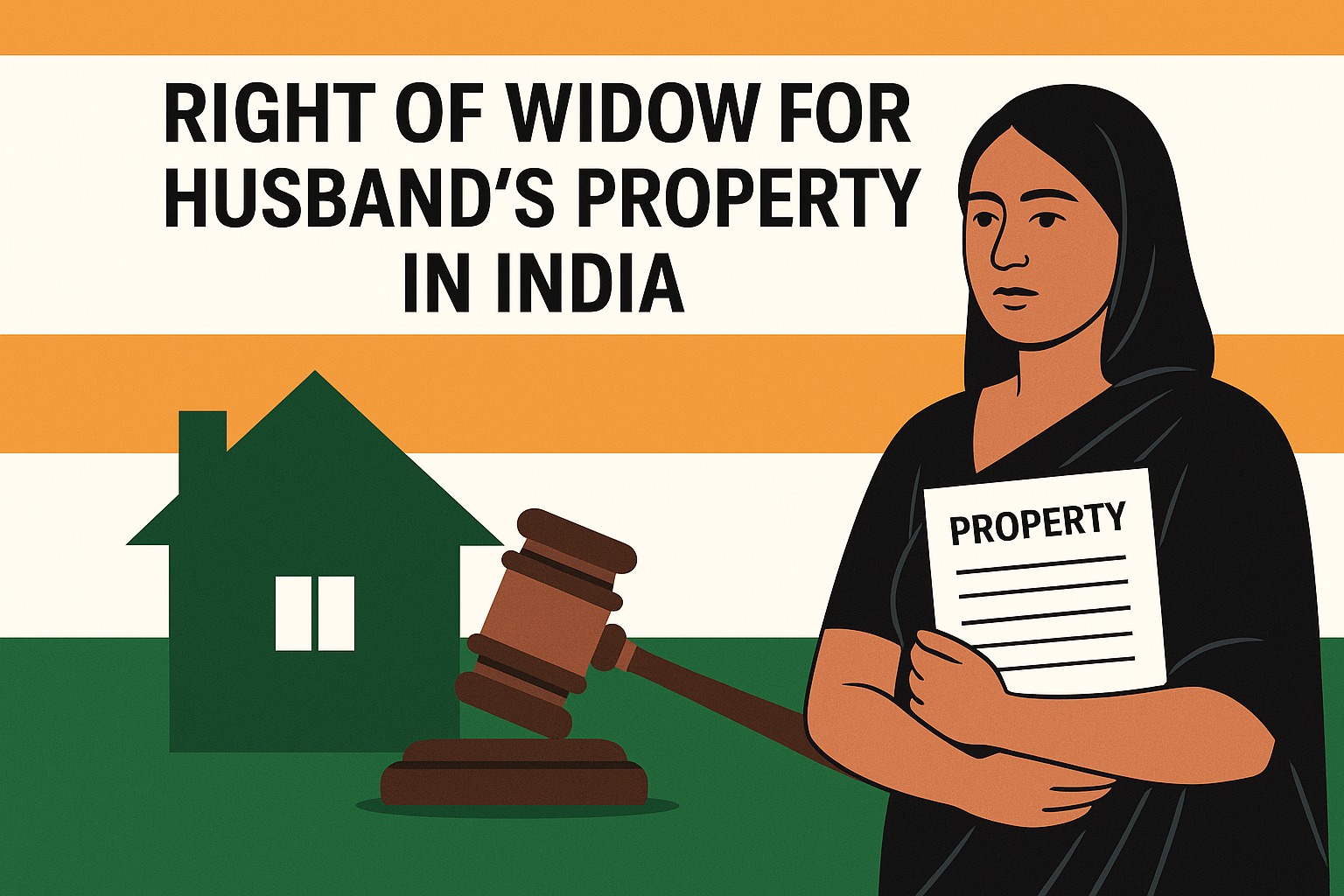1. We are of opinion that this Rule must be made absolute on the ground upon which it was issued. As a matter of fact, the order expires on its own force in the next three days and, therefore, there is not much occasion to set it aside now. But we wish to emphasise the clear distinction between interfering with the rights of private proprietors with whatever ulterior motive they may do acts which they have a right to do and the perpetration of wrongful acts by such proprietors. The law as regards preservation of public peace is based upon an apprehension that either certain person or persons are likely to commit breach of the peace by their own acts or that they are likely to do wrongful acts which may occasion other people to commit breach of the peace. And the question whether Section 144, 107 or 145 should be utilised for the purpose is, a matter within the discretion of the Magistrate. What we want to point out is that holding of a hat on a man''s own property is not, in itself, a wrongful act and, therefore, any ulterior consequences which may arise from it cannot give rise to any proceeding against the owner of the land for committing an act likely to cause a breach of the peace unless those ulterior consequences are made the basis of the proceedings. And in the present proceedings, the only ground mentioned for the issue of this injunction was that the Magistrate was satisfied from a report of the Police that by opening a new hat at Peruli only half a mile from the old and long established hat at Gazirhat, the petitioners were about to disturb the public ranquility. Now an order in that form is, in our opinion, without jurisdiction. u/s 144, Criminal Procedure Code, a Magistrate is empowered to direct the parties to take such order with their property as may be necessary to prevent obstruction, annoyance or injury, or risk of obstruction, annoyance or injury to any person lawfully empolyed, or danger to human life, health or safety or a disturbance of the public ''tranquility, or a riot or an affray. Now, directing a man not to use his property in a lawful manner (for the establishment of a hat is a perfectly lawful act) cannot, in our opinion, come within the purview of this section. What the Magistrate ought to have ordered these people to do is not to obstruct or allow their servants in any way to obstruct the public or any other person from crossing the khal from their side in order to attend the Gazirhat market if he wished to do so. That is really what the Magistrate finds and tells us in his explanation is the cause of the present proceedings. It is not that the petitioners are not entitled to hold a hat but that its promoters did not shrink from using threats, and, if necessary, force to compel the public to go to their hat and to prevent them from going to the Gazirhat market. The strongest measures should be taken by the local authorities to put down any such lawless acts; and the powers which are vested in the Magistrate are, in our opinion, ample enough to prevent any such interference with the liberties of the subjects. But an injunction cannot be issued not to do a lawful act upon a man''s own property. It is, therefore, necessary to set aside these proceedings and to make the Rule absolute.
Rakhal Das Singh and Others Vs Emperor and Others
Bench: Division Bench
Acts Referenced
Judgement Snapshot
Hon'ble Bench
Imam, J; Holmwood, J
Acts Referred
- Criminal Procedure Code, 1898 (CrPC) - Section 144
Judgement Text
Translate:

